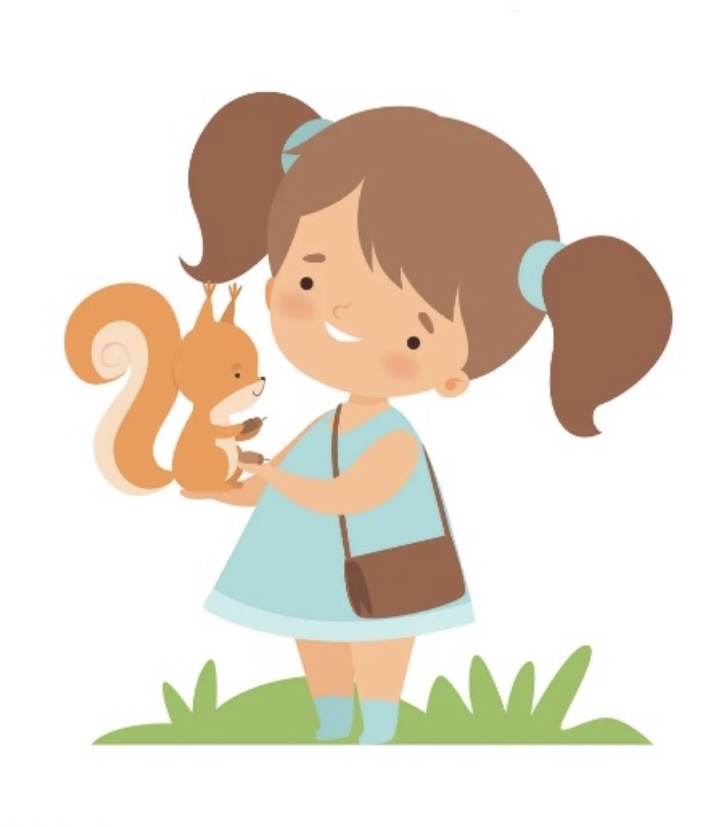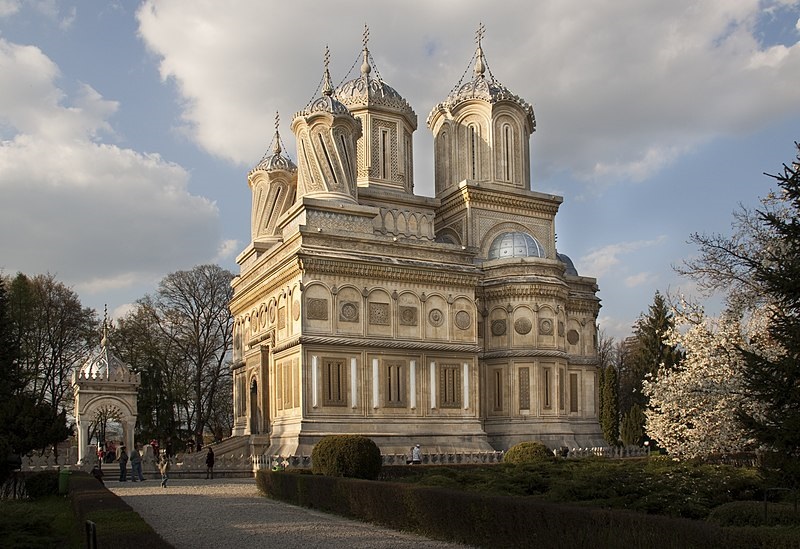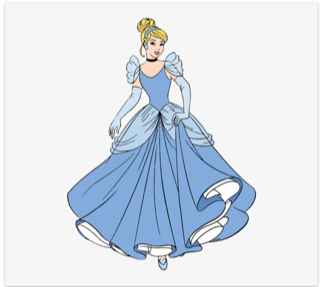
de Mary Shelley
Cu mult timp în urmă, într-un sat liniștit, era un om de știință tânăr pe nume Victor Frankenstein. Era curios și dorea să descopere secretul vieții. Într-o zi, a adunat părți ale corpului și și-a folosit cunoștințele pentru a face o creatură.
Totuși, când Victor s-a uitat la creatura pe care o făcuse, a fost îngrozit. Creatura era înaltă și înspăimântătoare. Victor a fugit, lăsând creatura singură.
Creatura nu a înțeles de ce a fost abandonată. Rătăcea prin sate, speriind oamenii fără să vrea. Toată lumea se temea de ea din cauza aspectului său.
Într-o zi, creatura a găsit o colibă în pădure. Înăuntru, a descoperit cărți și a învățat să citească. Și-a dat seama că era singură și își dorea un prieten. A văzut o familie într-o cabană din apropiere și a urmărit-o în secret. Ea i-a ajutat făcând diferite treburi, dar a rămas ascunsă.
Când creatura s-a arătat în cele din urmă capului familiei, bărbatul nu a intrat în panică. A văzut că creatura era singură și a tratat-o cu amabilitate. Dar când restul familiei a venit acasă, s-au speriat de creatură și au alungat-o.
Simțindu-se din nou respinsă, creatura era supărată și tristă. A decis să-l caute pe Victor, cel care a creat-o. Ea credea că Victor este responsabil pentru singurătatea și durerea ei.
Creatura l-a găsit pe Victor și i-a cerut să-i creeze un însoțitor astfel încât sa nu fie singură. Victor a fost de acord, dar s-a răzgândit pentru că îi era frică de ce ar putea face împreună.
Furioasă și rănită, creatura și-a jurat răzbunare pe Victor. A început să provoace durere și suferință celor dragi lui Victor. Victor și-a dat seama că a făcut o greșeală teribilă și a încercat să oprească creatura.
În cele din urmă, atât Victor, cât și creatura au avut de suferit. Povestea ne învață despre pericolele jocului cu viața și consecințele neglijării și respingerii celorlalți.
„Frankenstein” ne amintește că compasiunea și înțelegerea sunt importante și că a judeca pe cineva numai pe baza aspectului său poate duce la tragedie.
In English:
A long time ago, in a quiet village, there was a young scientist named Victor Frankenstein. He was curious and wanted to discover the secret of life. One day he collected body parts and used his knowledge to make a creature.
However, when Victor looked at the creature he had made, he was horrified. The creature was tall and terrifying. Victor ran away, leaving the creature alone.
The creature did not understand why it was abandoned. It wandered around the villages, unwittingly scaring people. Everyone feared it because of its looks.
One day the creature found a hut in the forest. Inside, he discovered books and learned to read. It realized it was lonely and wanted a friend. It saw a family in a nearby cabin and followed them secretly. It helped them by doing various chores, but remained hidden.
When the creature finally showed itself to the head of the family, the man did not panic. He saw that the creature was alone and treated it kindly. But when the rest of the family came home, they were scared of the creature and chased it away.
Feeling rejected again, the creature was angry and sad. It decided to look for Victor, the one who created it. It believed that Victor was responsible for its loneliness and pain.
The creature found Victor and asked him to create a companion for itself so it wouldn’t be alone. Victor agreed, but changed his mind because he was afraid of what they might do together.
Furious and hurt, the creature swore revenge on Victor. It began to cause pain and suffering to Victor’s loved ones. Victor realized he had made a terrible mistake and tried to stop the creature.
In the end, both Victor and the creature suffered. The story teaches us about the dangers of playing with life and the consequences of neglecting and rejecting others.
“Frankenstein” reminds us that compassion and understanding are important, and that judging someone based on their appearance alone can lead to tragedy.








